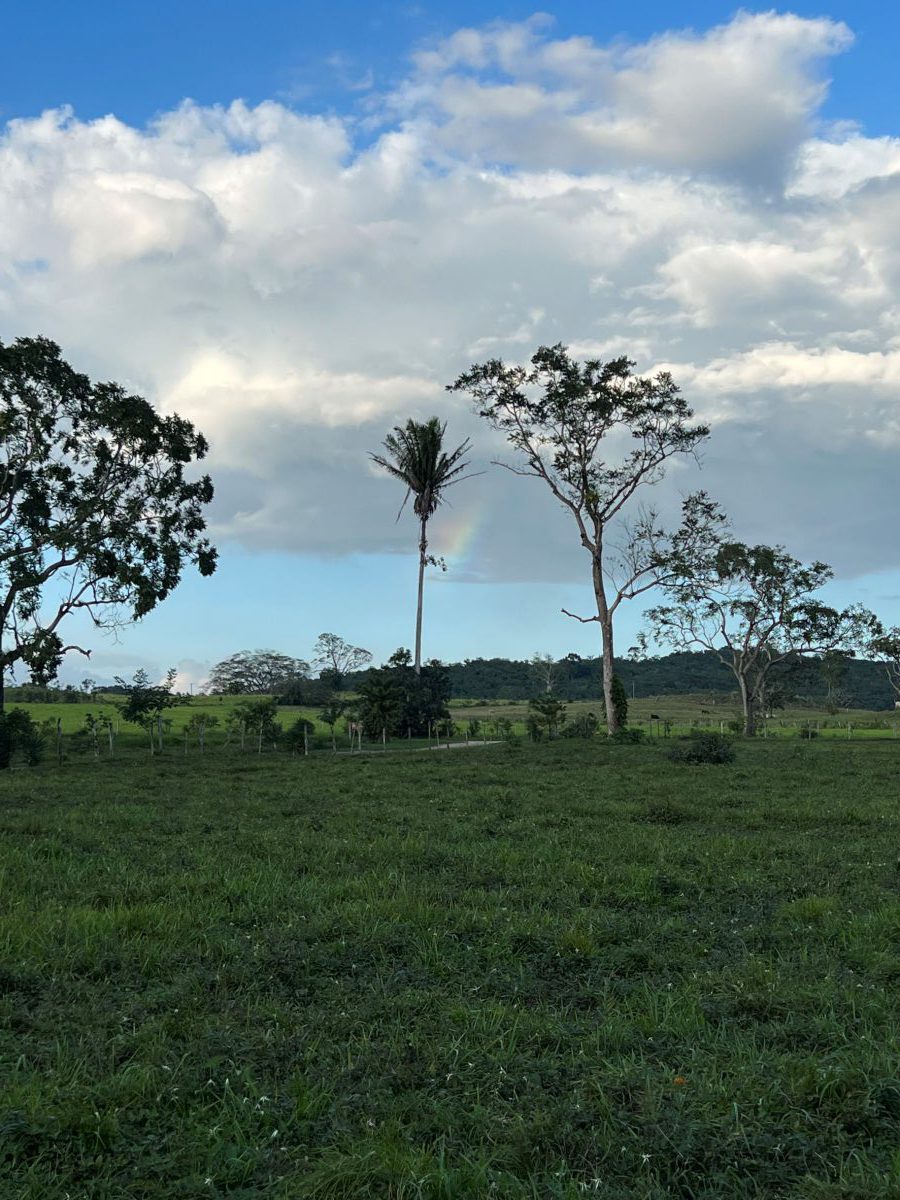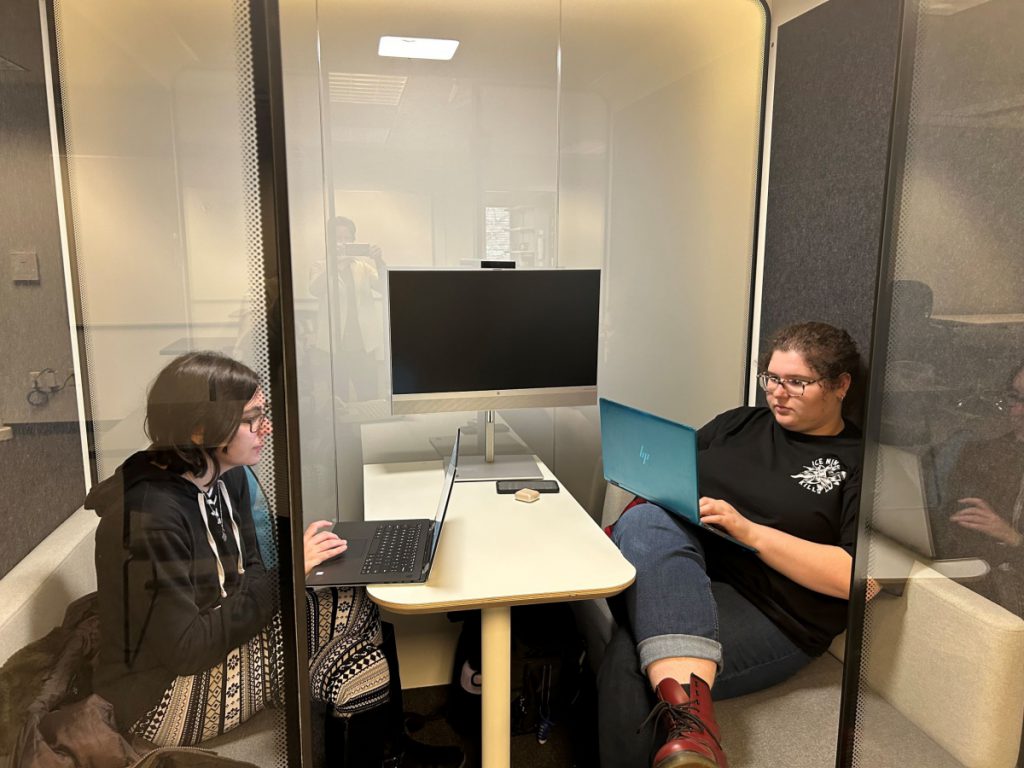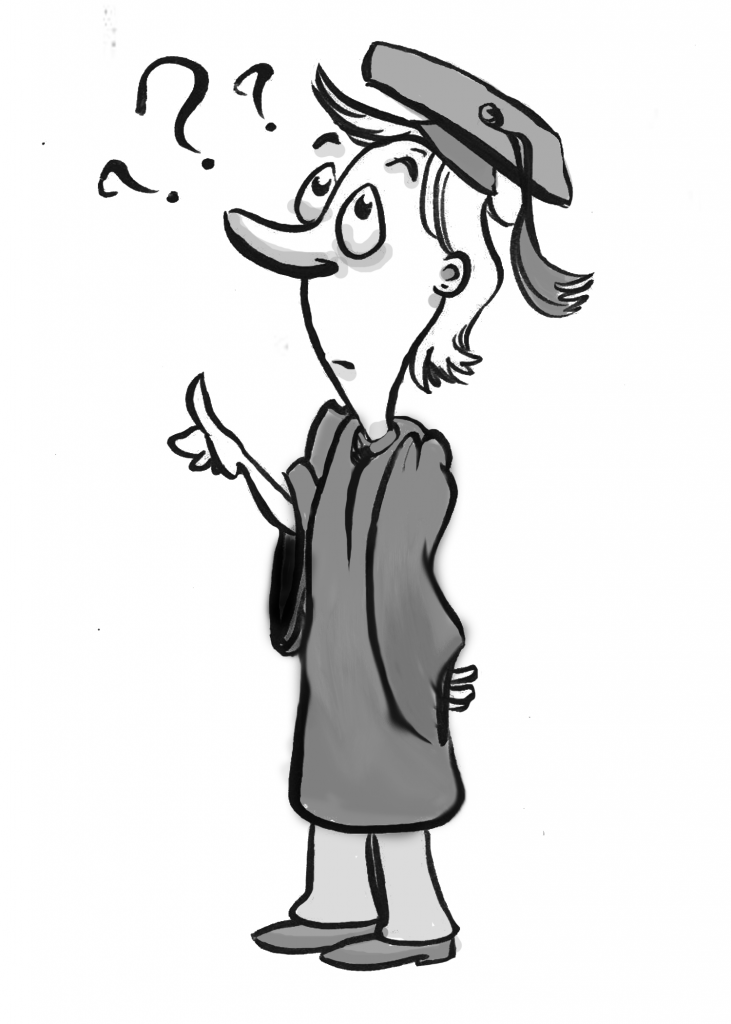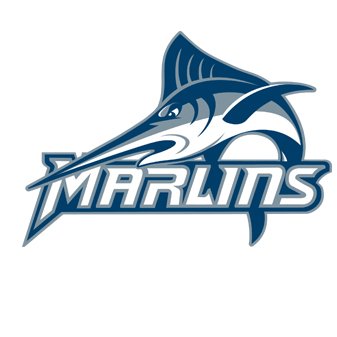Featured Image: A parent palm with seedlings that are used in making pharmaceuticals for prostate cancer. Madelyn Yale | Marlin Chronicle
Why use harsh medications when we can capitalize on safer herbal treatments?
This past January Term, I had the privilege to take BIO-375 for Topics in Tropical Biology. This course entailed a nine-day trip to Belize.
Although this was a Tropical Biology course, I also had the chance to delve into my own research regarding herbal remedies versus pharmaceuticals.
Being from the United States has certainly trained our brains to automatically hunt for a pharmaceutical drug to help relieve our symptoms and illnesses. What I mean by this is that the average American might invest in a bottle of ibuprofen (generically known as Advil) to quickly alleviate a headache. However, as the world of pharmaceuticals has been growing and modernizing, we are starting to test the limits of various drugs.
If someone has a health issue, it is commonly solved with a pharmaceutical drug. Socially and economically it has grown to be a part of our routine. Health insurance is needed for many to afford these drugs due to the costly bills. The dependency on these drugs has become second nature. The United States needs to change this mentality and start to use herbal treatments before prescribing harsh medications.
Since there are so many options and brands of medicines that work and ultimately relieve the annoyance of any indisposition, it is hard to think of this current ‘norm’ as a negative. Strong, addictive medications are being prescribed for diseases, and unnecessary tolerances are being built up in immune systems, causing ineffectiveness.
With our extreme hyperfixation on pharmaceuticals, we start to run into what is referred to as polypharmacy, or the use of multiple drugs at a time.
With various drugs in the human system, we have to not only investigate if these prescriptions will help the illness, but also if they will have any major reactions with other medications.
Unfortunately, some negative polypharmacy drug interactions have led to death. It is not common knowledge what interactions drugs have with other prescribed drugs, so it is up to the prescriber to be aware of adverse effects. With that being said, keeping a chain of communication of a list of prescribed medications between multiple doctors for one patient is both strenuous and challenging, causing plenty of chances for a patient to find a negative interaction the hard way.
While studying the environmental aspects of Belize, I was able to investigate how medications were used within the country. To my amazement, Belizeans did not favor harsh drugs like the U.S. does. It was more common for the community to grow their own crops to help mend their bodies naturally.
One downfall with natural remedies compared to pharmaceutical drugs is that herbal treatments require time. For example, one of our hosts, Cheyna, spoke to me in great length about her recent encounter with falling ill. While Cheyna had used herbal treatments to restore herself back to health, this method took, as she stated, “twice as long.”
Along the hiking trip on her 1,000 acre property, my foreign eyes recognized the herbal treatment as leafy, luscious vegetation. To Cheyna, these plants were what had solved her short term and long term relief for various diseases throughout her lifetime.
During the COVID-19 pandemic, Cheyna was able to help restore her energy, immune system strength and relieve her pain through various herbal remedies cooked in teas and meals.
Another guide that I had conversed with, Israel, had also shared his experiences with various doctors from his local community and how they had mainly studied the use of herbal treatments.
Israel believed that herbal treatments are overall better and less harsh on the human body based on his past treatment plans. In fact, he informed the group that Belize serves as a central hotspot for herbal treatments for trade in the United States and in Canada. For example, within the baboon sanctuary we visited, we passed by palm trees. The seedlings of palms during the dry season were sent to Canada to make medication to help fight prostate cancer.
Both of these interactions I had with Israel and Cheyna proved that the harsh pharmaceutical drugs used in the United States were not favored within the Belizean borders. It was widely acknowledged that these herbal treatments were safer and more accessible than harsh drugs.
The United States could benefit from these alternatives. Weaning off our dependency of pharmaceuticals could minimize negative polypharmacy effects and prescription orientated addictions while saving the average American and insurance company thousands of dollars.
Madelyn Yale ‘24 is a Biology Pre-Medicine major and currently works as an EMT in Hampton Roads for medical transport. Contact her at mgyale@vwu.edu.
By Madelyn Yale
mgyale@vwu.edu



